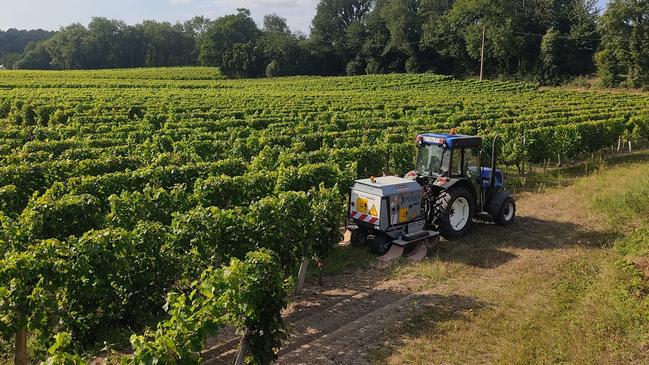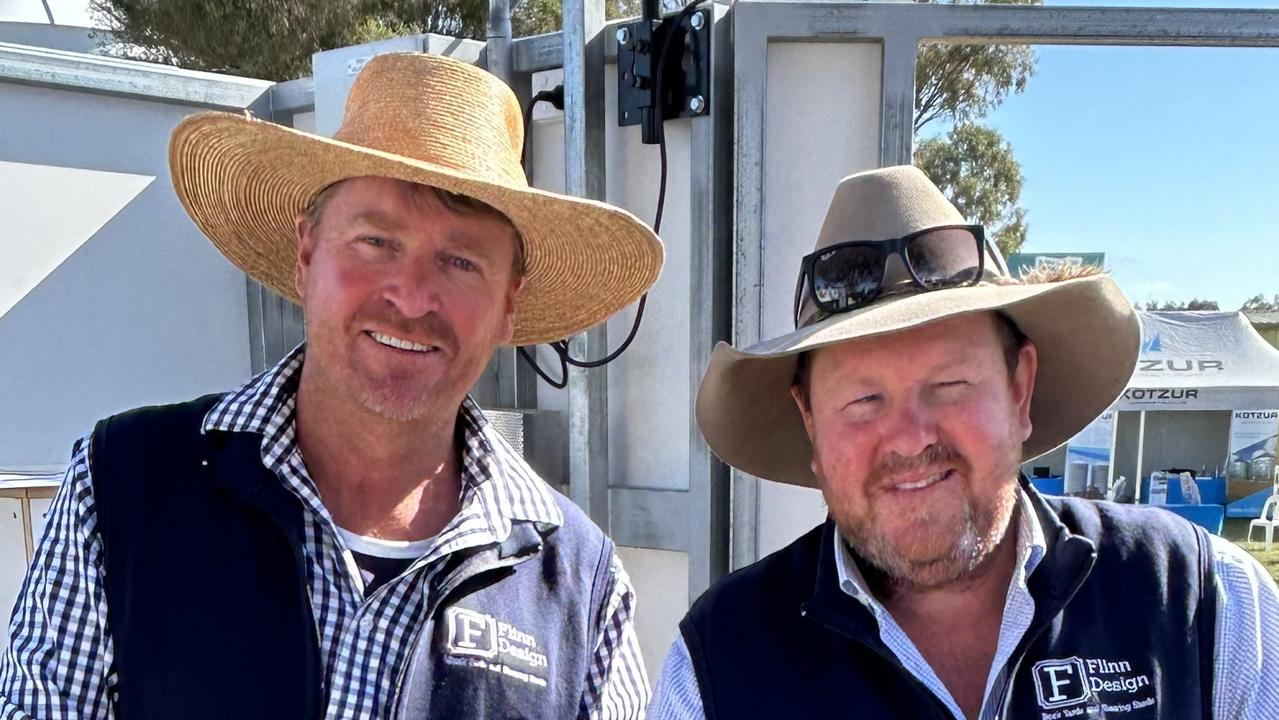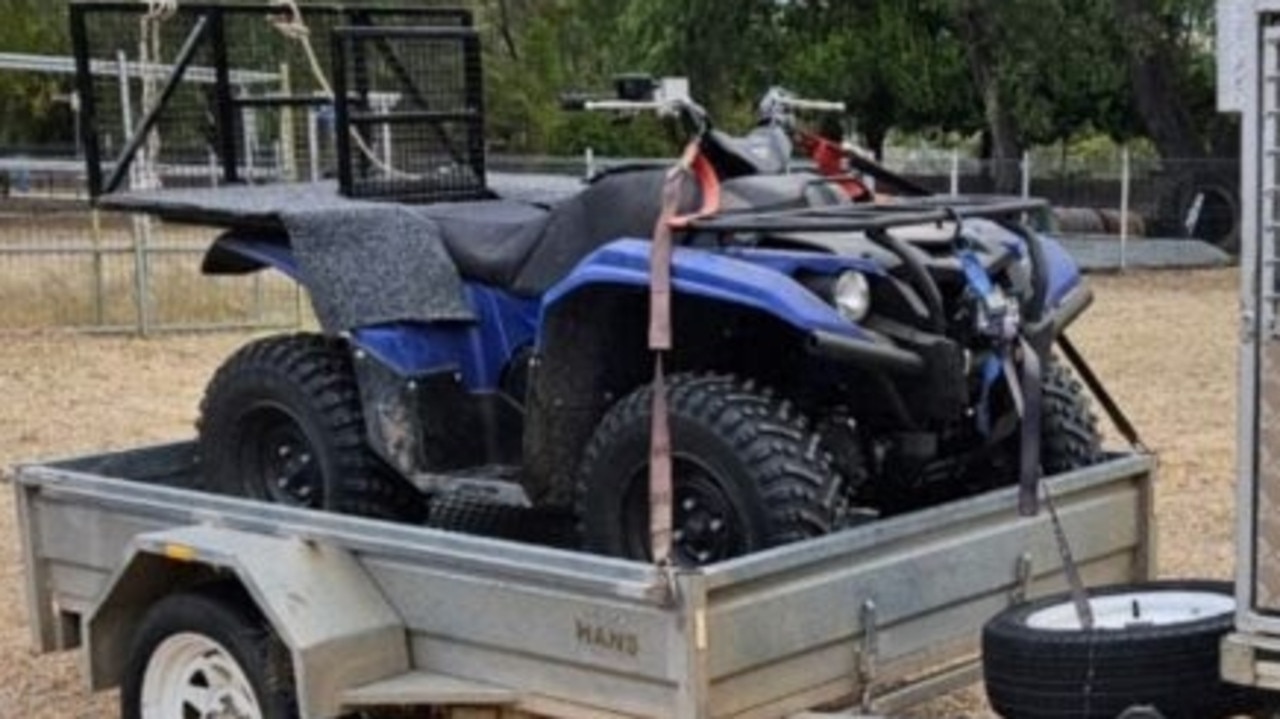Zasso Electroherb weed killer put through tests in WA
A new machine being tested in Western Australia could revolutionise weed control, cutting the need for herbicide.
Killing weeds with an electric shock might seem the stuff of science fiction, but it could soon be a reality for Australian farmers if a new trial in Western Australia is successful.
The search for chemical-free weed control has led a Swiss company to develop a machine that uses mechanical power to produce a high voltage current, which is applied directly to plants through a series of electrodes mounted behind or in front of a tractor.
The electricity destroys the plant cell walls – killing the weeds or suppressing growth.
The Zasso Electroherb is based on Brazilian technology and is used in Europe on a small scale for horticulture and viticulture properties and for roadside weed control.

The machine will be tested under Australian conditions in a project run by the Department of Primary Industries and Regional Development, WA, in conjunction with Case New Holland Industrial. Other project partners are the Grains Research and Development Corporation, Wine Australia, WA consultants AHA Viticulture and the Cotton Research and Development Corporation.
The machine, due to arrive in Western Australia soon, will initially be tested on its ability to control weeds on viticulture and horticulture properties and later along roadsides and fencelines, as well as its use for fallow weed control on the department’s research facilities in the state’s grainbelt.
The project will examine which weeds are easiest to control with electricity. A preliminary plot trial indicated volunteer crops and grass weeds could be the hardest to control, due to the plants high surface area and extensive branching of roots and shoots, the DPIRD said.
The research will target herbicide resistant weeds, such as annual ryegrass and wild radish, and problematic agricultural weeds, such as feathertop Rhodes grass and fleabane, as well as perennial weeds, including kikuyu and wireweed.
DPIRD research scientist Miranda Slaven said electric weed control could be part of an integrated solution to reduce chemical inputs and create more sustainable farming systems.
“Finding alternative weed control strategies to chemical measures is important in Australia, due to increasing rates of herbicide resistance and increasingly discerning market demands,” she said.
Project leader Catherine Borger said research from Europe so far suggested soil health and soil biota were not compromised by the technology.
“Our research will include an analysis of the technology’s effect on soil health, including soil microbial density and diversity, as well as soil root pathogens, such as rhizoctonia,” Dr Borger said.
“We are also particularly interested to ascertain whether there is a potential fire risk during summer so the trials will be undertaken following safety training using the utmost safety procedures.”




